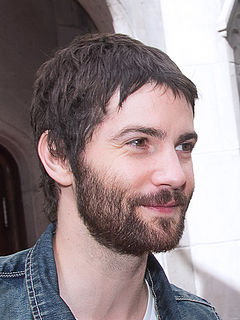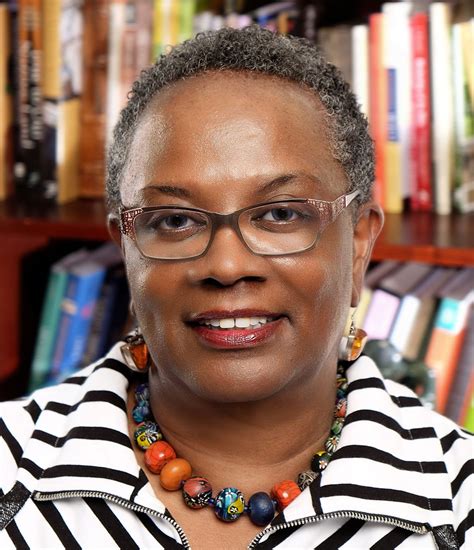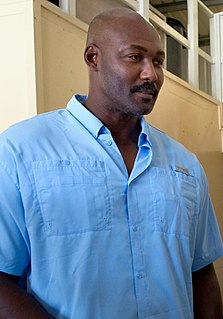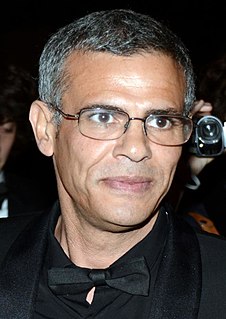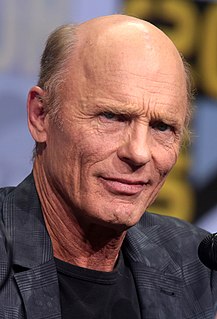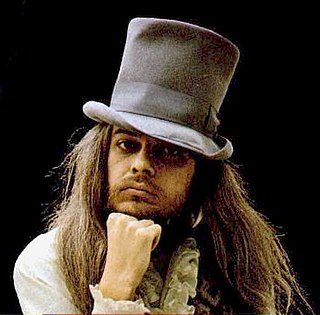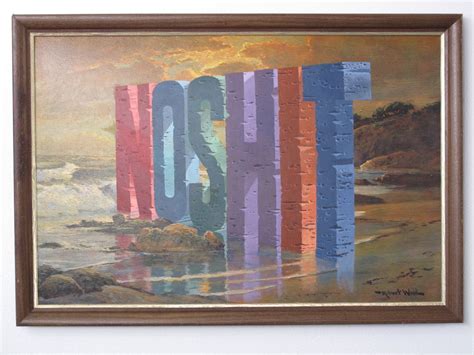A Quote by Jim Sturgess
It kind of sounds pretentious, but a film I find deeply romantic is 'Buffalo '66,' which is a film by Vincent Gallo. It's about how you break down all those barriers and expose yourself and open yourself up to ultimately being hurt.
Related Quotes
I actually find in America, there's a slight snobbery about actors who go back and forth between big heavy dramas and popcorn fare. That always intrigues me, because that doesn't exist in the same way in Britain. And I imagine it would be worse. In terms of the sort of class, and the sort of snobby, slightly on the back-foot thing Britain has. But it's much more prevalent in America. I'm really intrigued by it. I don't know why that is. But I'm aiming to break down those barriers by being in a Shakespeare film and a Smurfs film within six months of each other.
This film [ Blue is the Warmest Color] actually is the result of me talking with my producer Vincent [Maraval]. I gave him a bunch of ideas and then Vincent helped guide me and develop this particular film. I enjoy that rapport to have somebody else help guide me in my choices for the next film. The poetic way of looking at it is which project is going to choose me as a director.
For me, filmmaking is an ongoing self-reflection process. I kind of push everything to the edge. I feel very exposed and fragile when I make a film. It's a process of dealing with loneliness. And it's also very dramatic - because while you are working on a film, you just realize how incapable you are of dealing with all these things. And you open yourself up, and it's like your heart is utterly exposed. And it's very tiring on a daily basis.
To spend any time with someone who is among the top five film composers of the last 50 years is pure gold dust. I mean, not necessarily stylistically, because everyone is different in what their music sounds like, but the approach and how to look at a film, how to think about a film, how to decide what you want to do, how to think about characters, how to think about art, how to think about narrative, how to liaise with producers, how to liaise with directors.
What is interesting to me about film, and documentary film in particular, is that I can write about these people, and you trust my judgment, more or less, but when you're confronted yourself with humans who are right there on the screen telling you their story, you make a judgment yourself that is conclusive.
What Joe and I love about the film industry, it's like the wild West. We're two guys who grew up a million miles away from the film business; it doesn't matter where you come from or where you go to school. All that matters is, can you find a way to practice the craft and express yourself in a way that people respond to.
The kind of sleep that I had during my own film [Certified Copy] screening in Cannes is different. It's not because of the specificity of the film. It was because of my relationship as an author to this film. Usually when I take my films to festivals, I feel incredibly anxious about them. I wonder how it will be received, how the audience will react. I feel deeply responsible for them. Whereas this time, I didn't have that responsibility on my shoulders.
You're free because you don't have to expose yourself, and you can go wild, and let your id completely out of its box, and nobody will see you because you're operating through a surrogate. It's an opportunity to crack open your shell, to melt down yourself, and just let yourself go. It's a form of catharsis for me.
